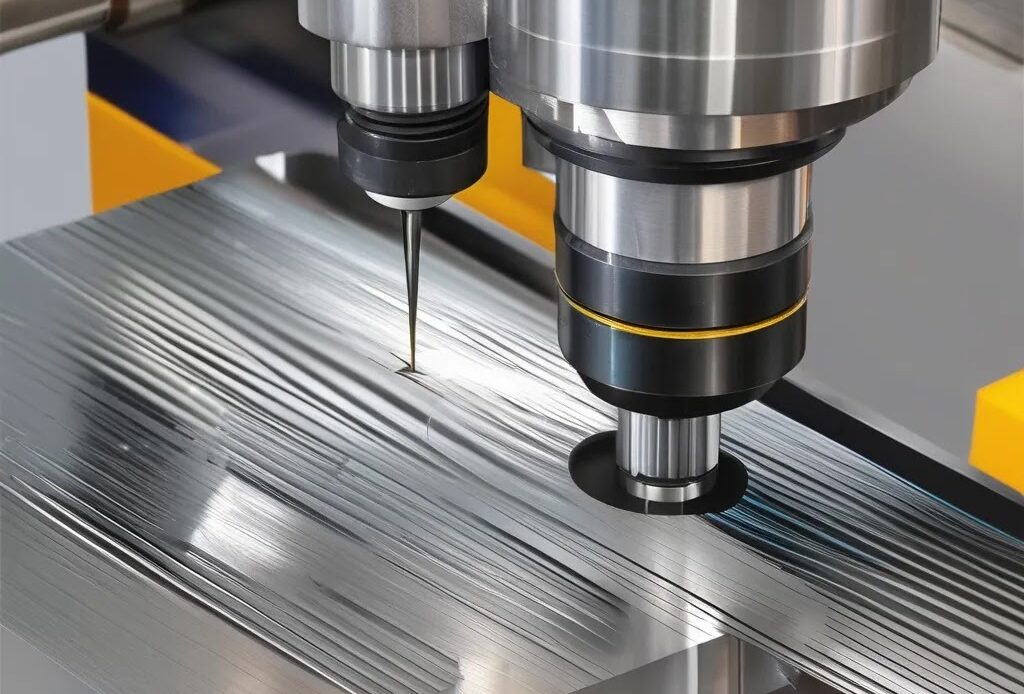Friction Stir Welding (FSW) is an innovative welding technology, which has made immense impact on the conventional welding practices. Some benefits obtained by using FSW instead of melting, include enhancement of the joint strength, preservation of the environment and joining of different materials.
Clic here to learn more about FSW technology.
In the present world, friction stir welding(FSW) has shown a significant progress in many industrial sectors as a superior welding process than the traditional welding techniques. Basically, the friction stir welding involves the use of a non-consumable tool made up of steel to rub against the surfaces of the joint to be welded, with a concurrent supply of heat to the surfaces to soften the metal in the joint region for joining or fastening the two or more parts
Applications and material compatibility
Friction Stir Welding is a method of welding in which a tool is passed along the joint interface and through the interference of this tool heat to join two materials is produced without actually melting the work piece. The tool comprises a shoulder and a pin that is placed in the two workpieces that are located and clamped together. When the tool is rotating on the joint line, it generates heat and this softens the material to be able to be stirred and forging it to become a single piece of joint. This makes this a solid-state process rid off many of the problems related to molten welding processes such as porosity and cracking.
The process starts by clamping of the workpieces which may be placed side by side (butt-welding) or overlapping each other (lap-welding). The rotating tool applies sufficient heat to the area whereby the material to be joined is melted and the pin mixes this material to produce a weld joint. This tool then translates along the joint while the heat and the mixing of the two parts are being done to ensure that a firm and sound weld is done without any sign of defects. After welding, a tool is withdrawn, and then the quality of weld joining is determined.
Applications and material compatibility
FSW is especially ideal for connecting thin and strong metals such as aluminium, magnesium and copper. That is why it can be effectively applied in many fields, such as aerospace industry, automotive industry and marine industry. In aerospace application FSW is used to join aluminum panels and some other components to improve structural strength and reliability, and also to reduce the weight of the product. Also known as friction stir welding, FSW is useful in the automotive industry mainly because it forms strong and relatively light-weight joints, enabling callers to release better fuel efficiency and lesser levels of emissions.
Also FSW can weld different materials like aluminum to steel something that can hardly be done through traditional welding techniques. This capability extends its use to industries where multi-material joining are necessary such as in automotive and aerospace which entails the use of hybrid structures. TS to the absence of any filler materials needed or shielding gases, FSW is also economically efficient and friendly to the environment among all the available joints technologies.
The future of welding: Continue of the FSW’s impact
Friction Stir Welding is located in a sweet spot with regards to manufacturing processes as manufacturing processes become even more efficient and sustainable. The low environmental impact of the process and its capacity to output high-strength welds, free of defects, also complements current and future industry trends aimed at carbon credits and efficiency in resource utilization. Present-day developments are as follows: FSW continues to evolve with enhanced and improved tools, automation, and process control; hence, FSW will probably gain added uses.
The future trend in FSW is anticipated to spread its applications in newly evolving sectors such as additive manufacturing and advanced material science. FSW has promising future as technology and research go on, it is expected that FSW could be a conventional process in many production industries leading to the development of welding technology and manufacturing applications.

